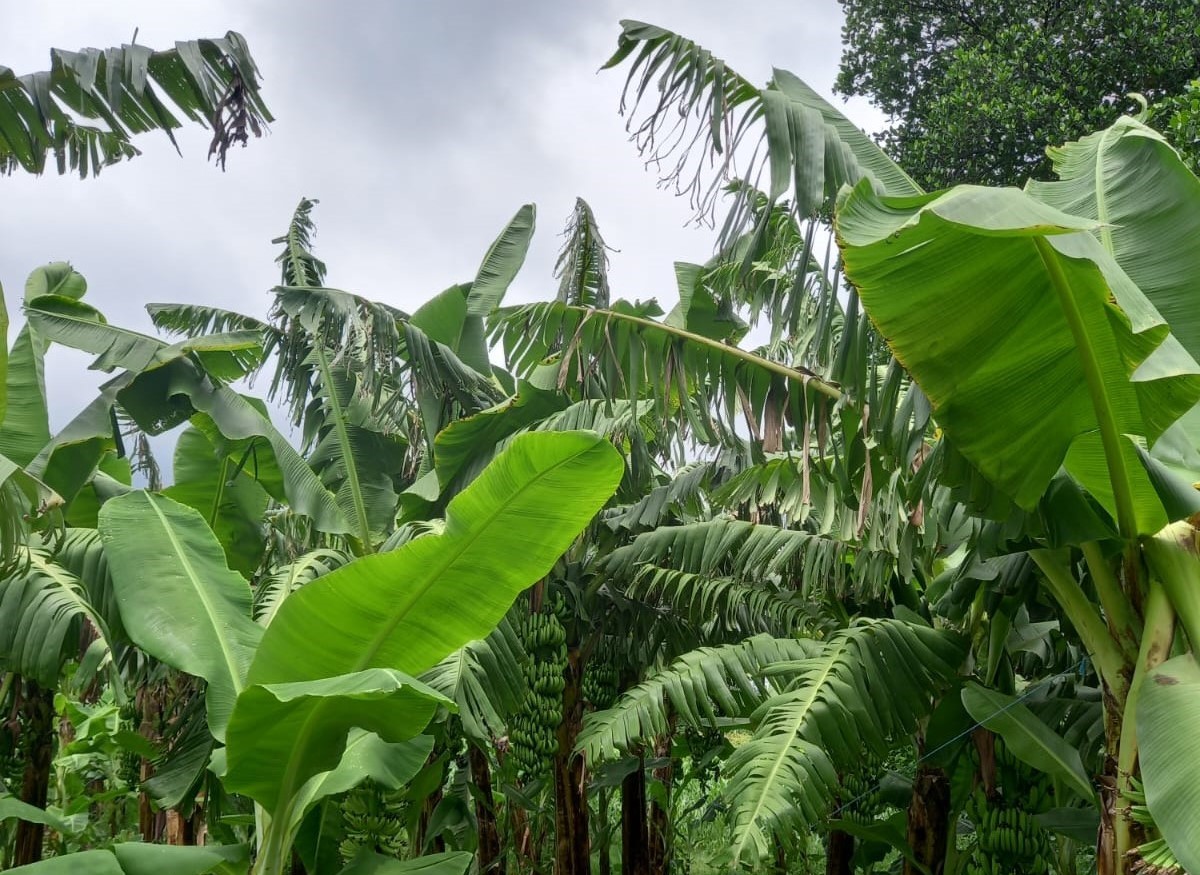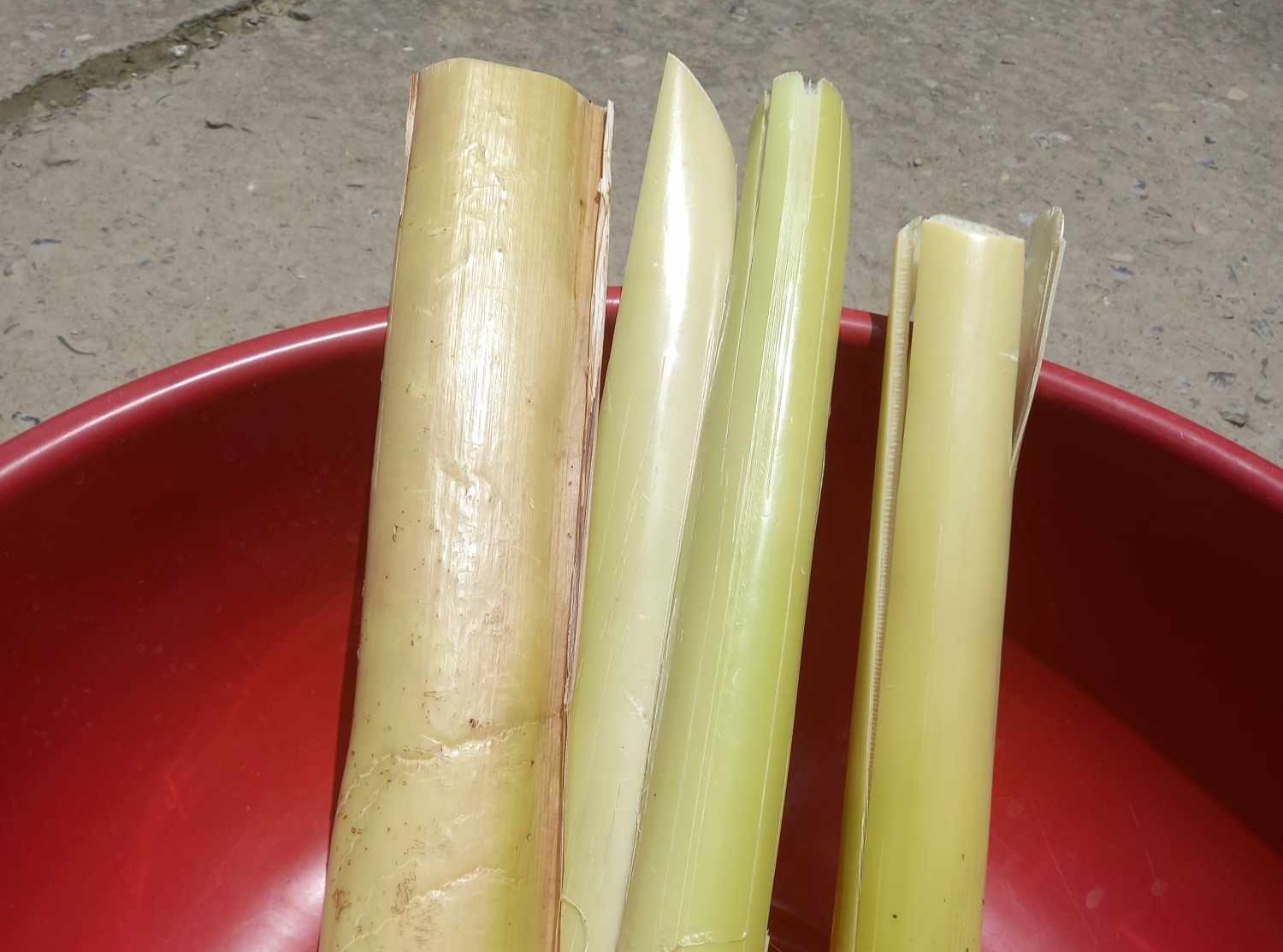Banana Fibre Extraction
Replacing Polybags with Banana Fibre Bags
ABOUT THE PROJECT
In Nepal, Banana cultivation spans over 16,615 hectares, with Chitwan District the highest . Each hectare of a banana farm yields approximately 220 tons of biomass waste, including pseudo stems, Pericles, bulbs, and leaf sheaths. The pseudo stems, consisting of 20-25 layers of flesh sheath, can be manually or mechanically processed to extract fibers. These extracted fibers possess coarse, environmentally safe, and recyclable properties, similar to jute, with notable structural, physio-mechanical, and thermal insulation characteristics. Moreover, they are readily available, lightweight, cost-effective, and offer excellent thermal insulation capabilities. The fibers can be utilized in the production of absorbent materials, ropes, placemats, tea bags, paper and pulp, sanitary napkins, and composites.
By encouraging local production of these fiber-based products, we aim to foster the growth of local industries, elevate economic status, and uplift marginalized communities within our vicinity. Training will be conducted to train local people on fiber extraction and facilitate connections between fiber producers and bag manufacturing companies, such as 'Chitwan Fibre Bag Print.'
Thus, these prepared fiber bags serve as an ideal alternative to polyethylene bags, thereby reducing daily waste generation rates and contributing to a healthier environment. The remaining parts of the banana can be repurposed as highly nitrogenous compost, offering a sustainable waste management solution.
Project Goal
A sustainable communities with well-establish local industries and empowered people.
EXPECTED OUTCOMES
- To produce and commercialize the banana fibre produced from waste banana stems
- To provide income opportunities to commercial banana farmers by selling waste banana stems
- To establish and foster the local industries
OMLAS LEADERS NEPAL












ACTIVITIES GALLERY



